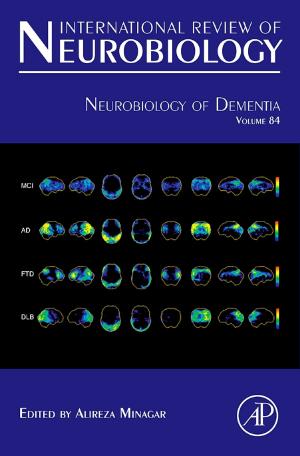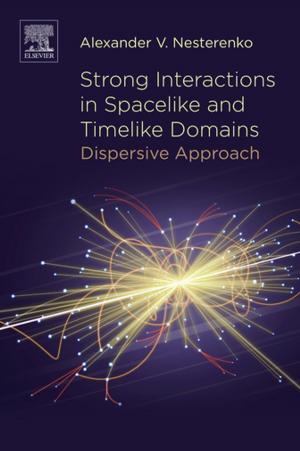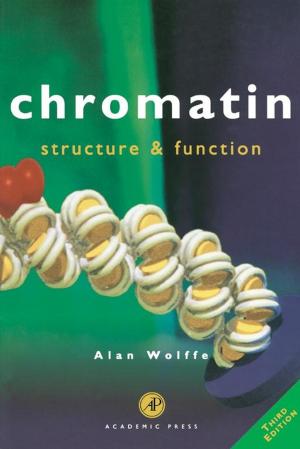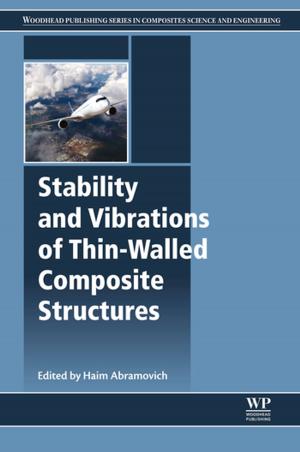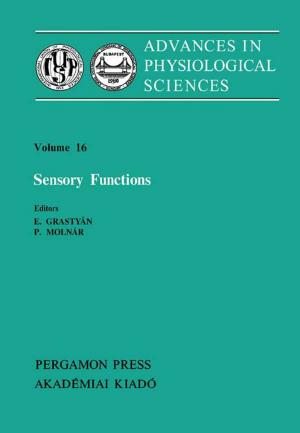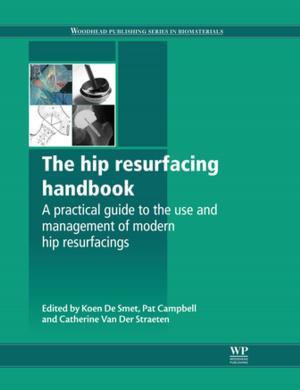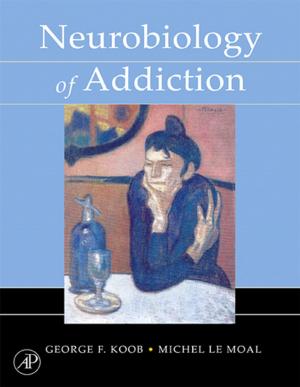Student Learning and Academic Understanding
A Research Perspective with Implications for Teaching
Nonfiction, Reference & Language, Education & Teaching, Educational Theory, Educational Psychology, Health & Well Being, Psychology, Cognitive Psychology| Author: | Noel Entwistle | ISBN: | 9780128023693 |
| Publisher: | Elsevier Science | Publication: | June 13, 2018 |
| Imprint: | Academic Press | Language: | English |
| Author: | Noel Entwistle |
| ISBN: | 9780128023693 |
| Publisher: | Elsevier Science |
| Publication: | June 13, 2018 |
| Imprint: | Academic Press |
| Language: | English |
The research described in Student Learning and Academic Understanding had its origins in the pioneering work of Ausubel, Bruner, and McKeachie and followed two complementary lines of development. The first line extended the ideas of Marton on approaches to learning through an inventory designed to assess these approaches among large samples of students and using in-depth interviews with students about their experiences of academic understanding. The second line drew on a range of studies to explore the influences of university teaching and the whole teaching–learning environment on the quality of student learning. Taking the research as a whole shows the value of complementary research approaches to describing student learning, while the findings brought together in the final chapter suggest ways of supporting deep approaches and the development of personal academic understanding among students.
Student Learning and Academic Understanding covers a wide range of concepts that have emerged from interviews in which students use their own experiences to describe how they study and what they find most useful in developing an academic understanding of their own. These concepts differ from the traditional psychological concepts by being focused on the specific contexts of university and college, although they are also relevant to the later stages of school education.
- Explains the origins, meanings, and relevance of "deep" and "surface" approaches to learning
- Introduces an array of concepts derived from the specific contexts of university education
- Illustrates how in-depth interviewing can be used to explore students’ ways of thinking
- Provides a series of heuristic models to guide thinking about the influences on student learning
- Includes an inventory on approaches to studying and experiences of teaching for use by teachers
The research described in Student Learning and Academic Understanding had its origins in the pioneering work of Ausubel, Bruner, and McKeachie and followed two complementary lines of development. The first line extended the ideas of Marton on approaches to learning through an inventory designed to assess these approaches among large samples of students and using in-depth interviews with students about their experiences of academic understanding. The second line drew on a range of studies to explore the influences of university teaching and the whole teaching–learning environment on the quality of student learning. Taking the research as a whole shows the value of complementary research approaches to describing student learning, while the findings brought together in the final chapter suggest ways of supporting deep approaches and the development of personal academic understanding among students.
Student Learning and Academic Understanding covers a wide range of concepts that have emerged from interviews in which students use their own experiences to describe how they study and what they find most useful in developing an academic understanding of their own. These concepts differ from the traditional psychological concepts by being focused on the specific contexts of university and college, although they are also relevant to the later stages of school education.
- Explains the origins, meanings, and relevance of "deep" and "surface" approaches to learning
- Introduces an array of concepts derived from the specific contexts of university education
- Illustrates how in-depth interviewing can be used to explore students’ ways of thinking
- Provides a series of heuristic models to guide thinking about the influences on student learning
- Includes an inventory on approaches to studying and experiences of teaching for use by teachers


